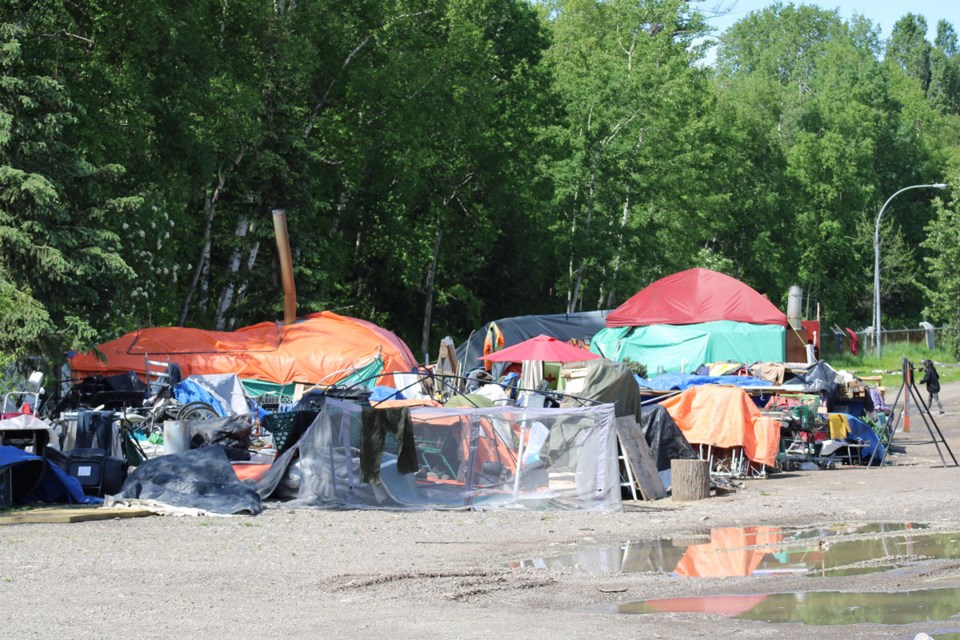Good for Kyle Sampson.
The Prince George city councillor brought a motion forward to kickstart long-overdue meetings with provincial ministries to address the complex knot of social issues affecting the city.
Homelessness, mental health, crime, addictions, toxic drug deaths, intergenerational trauma. Where to start?
Getting everybody to the table, that’s how. It’s a tiny step, certainly, and another meeting is not what fed-up residents wanting action hoped to see. The path to action, however, requires a plan and that requires meetings.
Going into those meetings, hopefully everyone can leave the grievances at the door. No good will come from finger-pointing and blame shame over past mistakes or inaction.
And leave the politics and the ideologies and the -isms at the door, too.
Focus solely on health outcomes. Improving the physical and mental health of affected individuals with stable housing and ongoing access to care is good for their safety and good for public safety.
Seen through a health lens, the focus tightens to individuals and meeting their basic needs.
The details are complicated, of course, but they ultimately boil down to who’s responsible and who’s paying.
The responsibility piece is especially thorny and comes down to moral choices.
Everyone can agree that individuals sleeping in doorways or in permanent encampments is not healthy or safe for them, especially if they already suffer from pre-existing mental and physical conditions.
So at what point does government intervene to decide how to care for individuals who are unable to look after their personal health and safety and pose a significant risk to the health and safety of others? Should government leave people suffering on the streets with their individual rights intact or should government supersede those rights and impose treatment on unwilling individuals in the interest of health and safety?
In plain English, the latter option is “get them off the streets, by force if necessary, for their own good.”
That is an extreme action but isn’t it also the humane response taken by a caring society for unhealthy individuals unable to care for themselves?
There are no easy answers but everyone can also agree the status quo isn’t good for anyone.
Trying to set up more meetings isn’t much better, but it’s still better than nothing at all.
Neil Godbout is the editor-in-chief of the Prince George Citizen.



